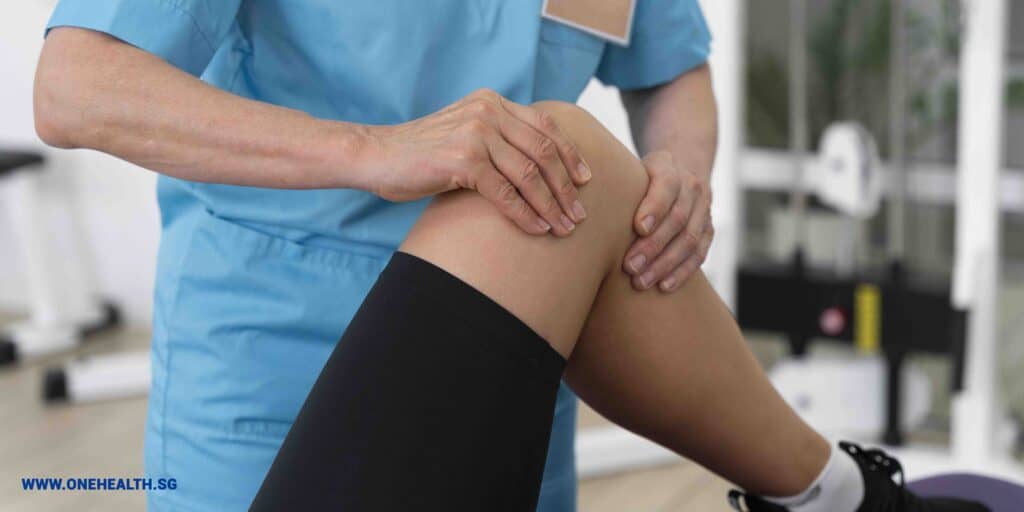Knee pain is a common ailment that affects people of all ages in Singapore. Whether it is caused by an injury, arthritis, or overuse, knee pain can significantly impact one’s quality of life. Fortunately, Singapore offers a wide range of medical services, treatments, and therapies to address knee pain and help individuals regain mobility and live pain-free. In this article, we will explore the various causes of knee pain, available treatment options in Singapore, and practical tips to prevent and manage knee pain effectively.

Understanding the Causes of Knee Pain
- Age-related Conditions: As individuals age, the risk of developing knee pain increases. Osteoarthritis, the most common form of arthritis, can cause gradual wear and tear on the knee joint, leading to pain and stiffness.
- Sports Injuries: Active individuals, including athletes, may experience knee pain due to sports-related injuries such as ligament tears, meniscus tears, or patellar tendonitis.
- Overuse and Misalignment: Repeated stress on the knee joint, often caused by certain occupations or activities, can lead to pain and discomfort. Misalignment of the knee joint, such as knock knees or bow legs, can also contribute to knee pain.
Available Treatment Options in Singapore:
- Physical Therapy and Rehabilitation: Physical therapy plays a crucial role in relieving knee pain and restoring function. Experienced physiotherapists in Singapore develop customised exercise programmes, including strengthening and flexibility exercises, to alleviate pain and improve knee mobility.
- Medications: Depending on the cause and severity of knee pain, healthcare professionals in Singapore may prescribe anti-inflammatory medications, pain relievers, or corticosteroid injections to reduce pain and inflammation.
- Minimally Invasive Procedures: Singapore is at the forefront of medical advancements, offering innovative procedures like arthroscopy, which allow surgeons to diagnose and treat knee conditions with minimal disruption to the surrounding tissues. These procedures help to repair damaged ligaments or remove loose fragments in the joint.
- Regenerative Medicine: Stem cell therapy and platelet-rich plasma (PRP) injections are gaining popularity in Singapore as non-surgical treatment options for knee pain. These therapies promote natural healing processes and help regenerate damaged tissues, reducing pain and improving joint function.
Practical Tips to Prevent and Manage Knee Pain
- Maintain a Healthy Weight: Excess body weight can put additional stress on the knee joints. By maintaining a healthy weight, individuals can reduce the risk of developing knee pain and manage existing pain more effectively.
- Exercise Regularly: Engaging in low-impact exercises like swimming, cycling, and walking can help strengthen the muscles around the knee joint, providing stability and support. However, it is essential to consult with a healthcare professional or physiotherapist to determine the most suitable exercise regimen.
- Practise Proper Posture and Body Mechanics: Maintaining good posture and using proper body mechanics during activities can minimise strain on the knees. Avoid activities that involve repetitive, high-impact movements or excessive twisting of the knee joint.
- Wear Proper Footwear: Choosing appropriate footwear with adequate support and cushioning can help distribute weight evenly and reduce the pressure on the knees.
Knee pain can significantly impact one’s daily life, limiting mobility and causing discomfort. However, Singapore provides a multitude of options for individuals seeking relief from knee pain. From physical therapy and medications to minimally invasive procedures and regenerative medicine, there are various treatments available to address different causes and levels of knee pain. By following preventive measures and adopting a healthy lifestyle, individuals in Singapore can actively manage knee pain and enjoy a pain-free life.

